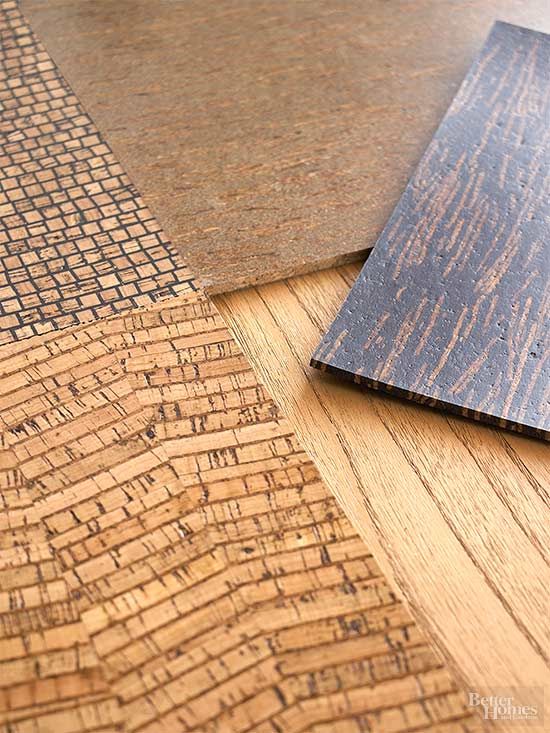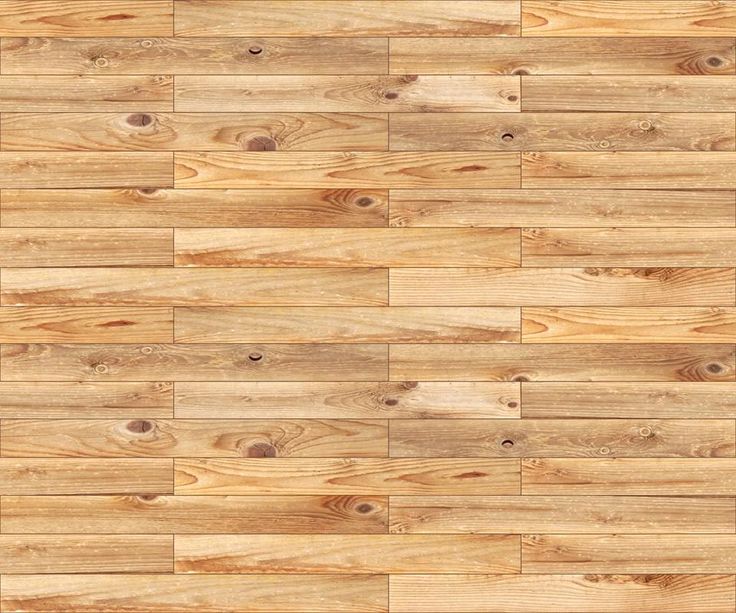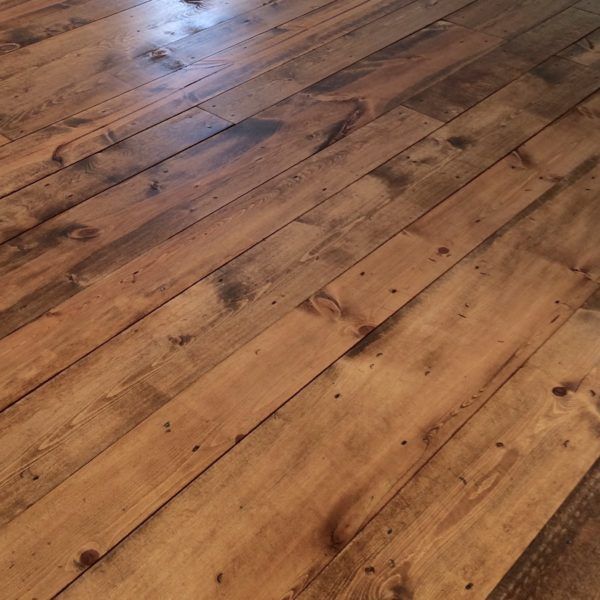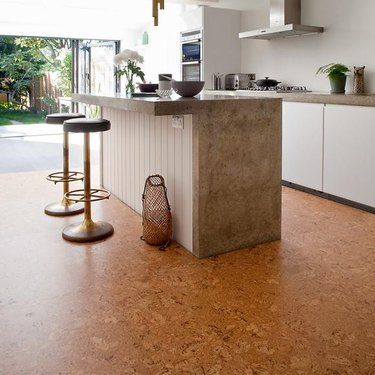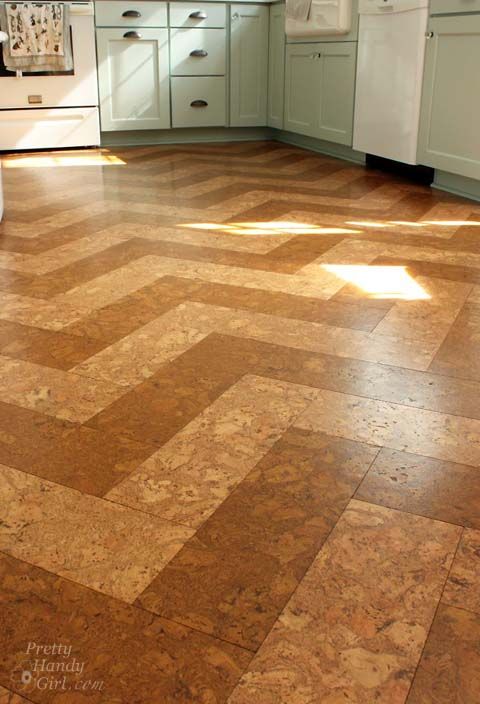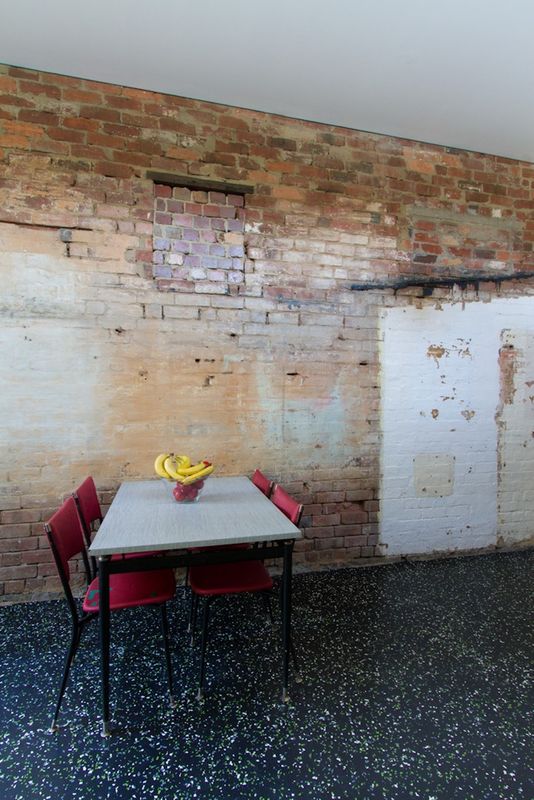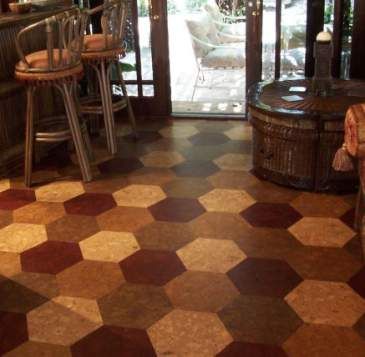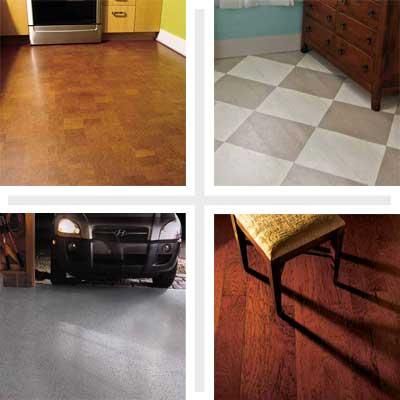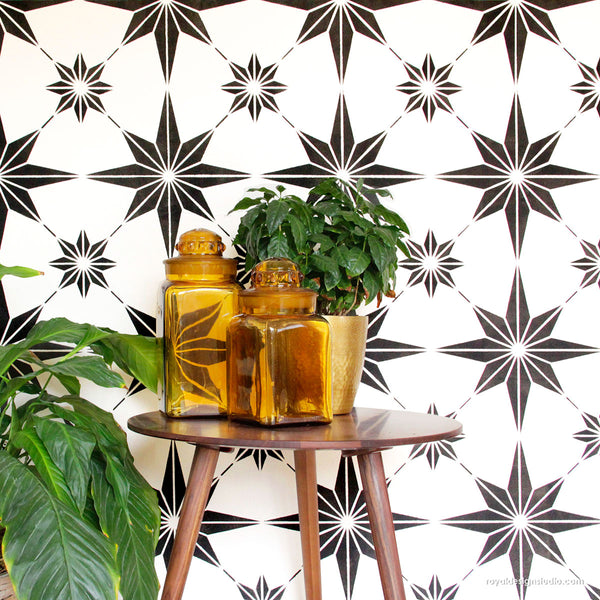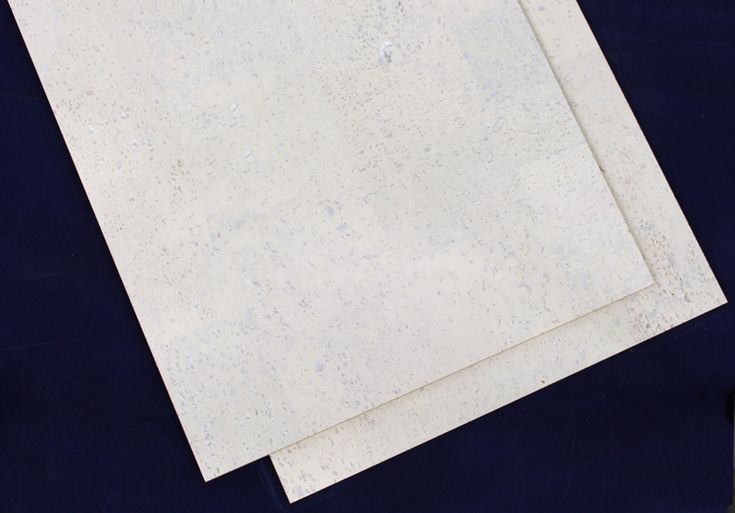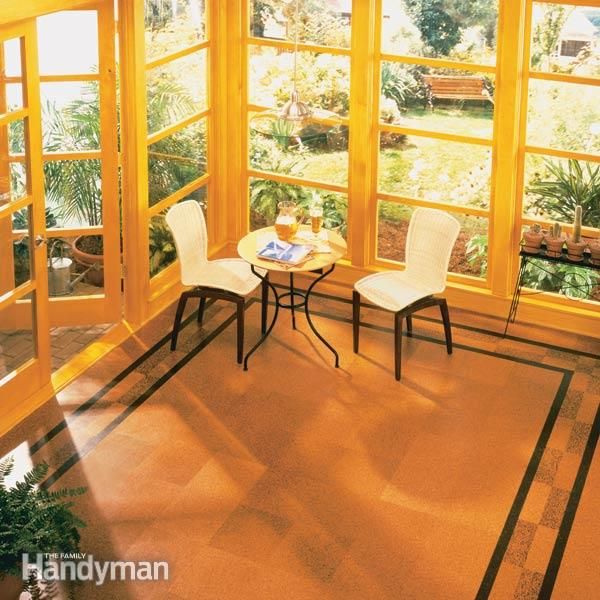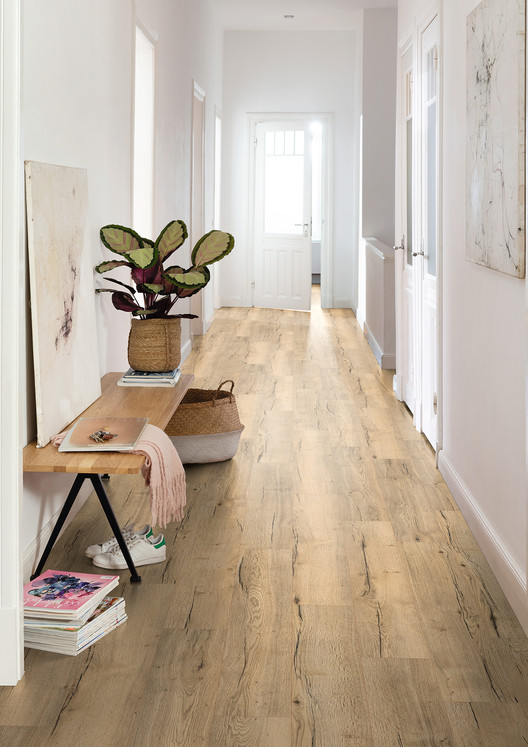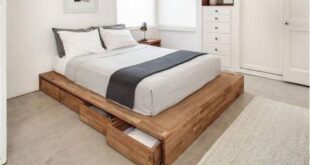What are cork and cork tile floors?
Cork is one of nature’s many wonders – a renewable wood product derived from the bark of certain oak trees commonly found in Portugal. The outer layer of this bark is harvested while the layer underneath is left to regenerate and be ready for harvest after about nine years. This can remain so for about 150 years – after which a new tree replaces the old tree.
Cork tile floors are made from cork fragments that are tied together and then cut to various shapes, sizes and widths. You can get everything from untreated and natural cork to prefabricated urethane coated cork, vinyl coated cork and floating cork among many other varieties.
The advantages of cork floors
The feel of cork is one of those unique qualities that makes it an instant asset that no other flooring can offer. It’s extremely soft and compliant, making it a great choice for spaces where you or those in it need to stand for long periods of time. It is also excellent for children’s rooms and rooms where the elderly stay.
Inside, cork consists of air-filled chambers, the number of which can be millions. These help isolate any room from noise, which means cork tile floors can help prevent noise from being transmitted through the ceiling and floor down. Cork flooring also repels hair, dust and other small particles, which makes cleaning easier and does not cause allergy-related problems for sensitive people. It also contains suberin, a waxy substance that repels insects and other small bugs, making it an excellent antimicrobial.
The disadvantages of cork floors
If you are looking for a floor covering that will always remain spotless and damage free, cork is not for you as a number of materials will crack and scratch. Being a soft material, it’s also very susceptible to damage, and sharp objects falling on cork tile floors can puncture the floor. Even heavy furniture or appliances can fall and permanently damage the floor – but this can be avoided by using furniture pads (this is not a permanent solution).
If you are looking for a flooring solution that is soft, hypoallergenic and hygienic, then cork flooring is for you – provided it is not subject to regular and excessive use.
